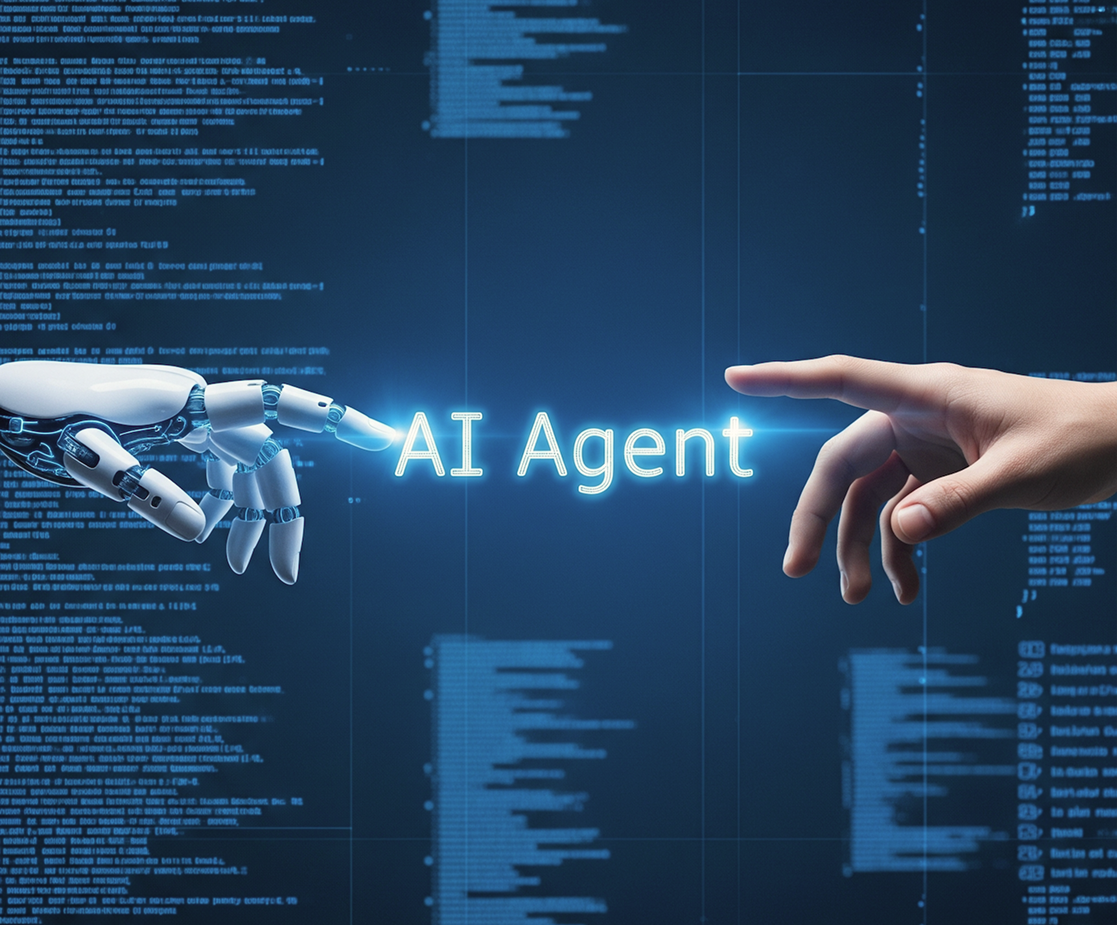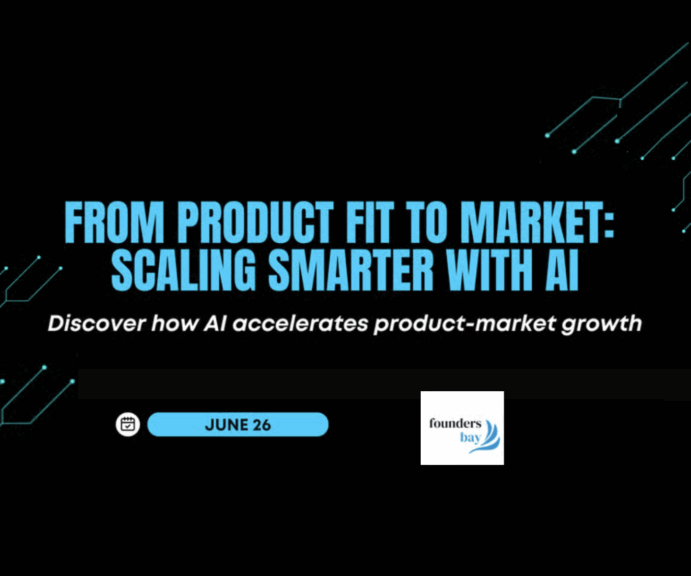The dominance of centralized cloud computing in Machine Learning (ML) is being challenged by Decentralized Machine Learning. This shift is driven by the rise of data-generating edge devices and growing concerns about privacy, bandwidth, and security.
Federated Learning
Data Stays Local
At the forefront of this revolution is federated learning, a groundbreaking approach where the ML model travels to the data, rather than the other way around. Client devices, such as smartphones or hospital systems, train local copies of a model using their private data. Only aggregated model updates are sent back to a central server, not the raw data itself.
This method offers significant benefits:
- Enhanced Privacy: Raw data never leaves the device.
- Reduced Latency: Faster on-device decision-making.
- Lower Bandwidth Consumption: Only small model updates are transmitted.
- Regulatory Compliance: Facilitates secure learning in regulated sectors like healthcare.
Initially pioneered by Google for its Gboard, federated learning is now being adopted across diverse applications, from medical research to autonomous vehicles.
Beyond Centralization
Decentralized Federated Learning
While federated learning is powerful, it often still relies on a central coordinating server. Decentralized Federated Learning takes this a step further by leveraging peer-to-peer (P2P) networking and blockchain. Projects like OpenMined and Flower are developing systems where every node contributes equally, and consensus algorithms ensure integrity.
A prime example is “swarm learning,” which combines blockchains with edge devices, allowing medical institutions to collaboratively train AI models without centralized governance or sharing sensitive patient data. This is further enhanced by complementary technologies like differential privacy, secure multiparty computation (SMPC), and homomorphic encryption to bolster security and privacy.
Impact Across Industries
This decentralized paradigm is particularly well-suited for sectors handling sensitive, distributed data:
- Healthcare: Hospitals can collaborate on diagnostic models without sharing confidential patient information.
- Financial Services: Banks can detect fraud while adhering to privacy laws.
- Autonomous Vehicles: Vehicles can contribute to a collective driving model without transmitting raw footage.
- Smart Cities: IoT devices can learn from local conditions and send aggregated intelligence.
Challenges and the Future
Despite its potential, decentralized ML faces challenges like model drift, compute limitations on edge devices, and security risks, particularly the “generative trust problem” of ensuring honest updates. However, with tightening privacy regulations and rising cloud costs, decentralized ML is becoming a crucial, ethical, and resilient solution. It empowers organizations to control their data, strengthens AI pipelines, and promotes ethical AI development, envisioning a future where countless devices learn collaboratively without surrendering their data.
Experience the future of AI with MindCraft. Contact us to schedule a consultation today and discover how we can help you achieve your goals.
Source: DSC



